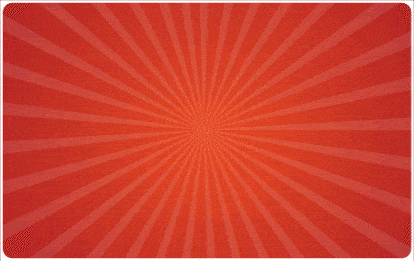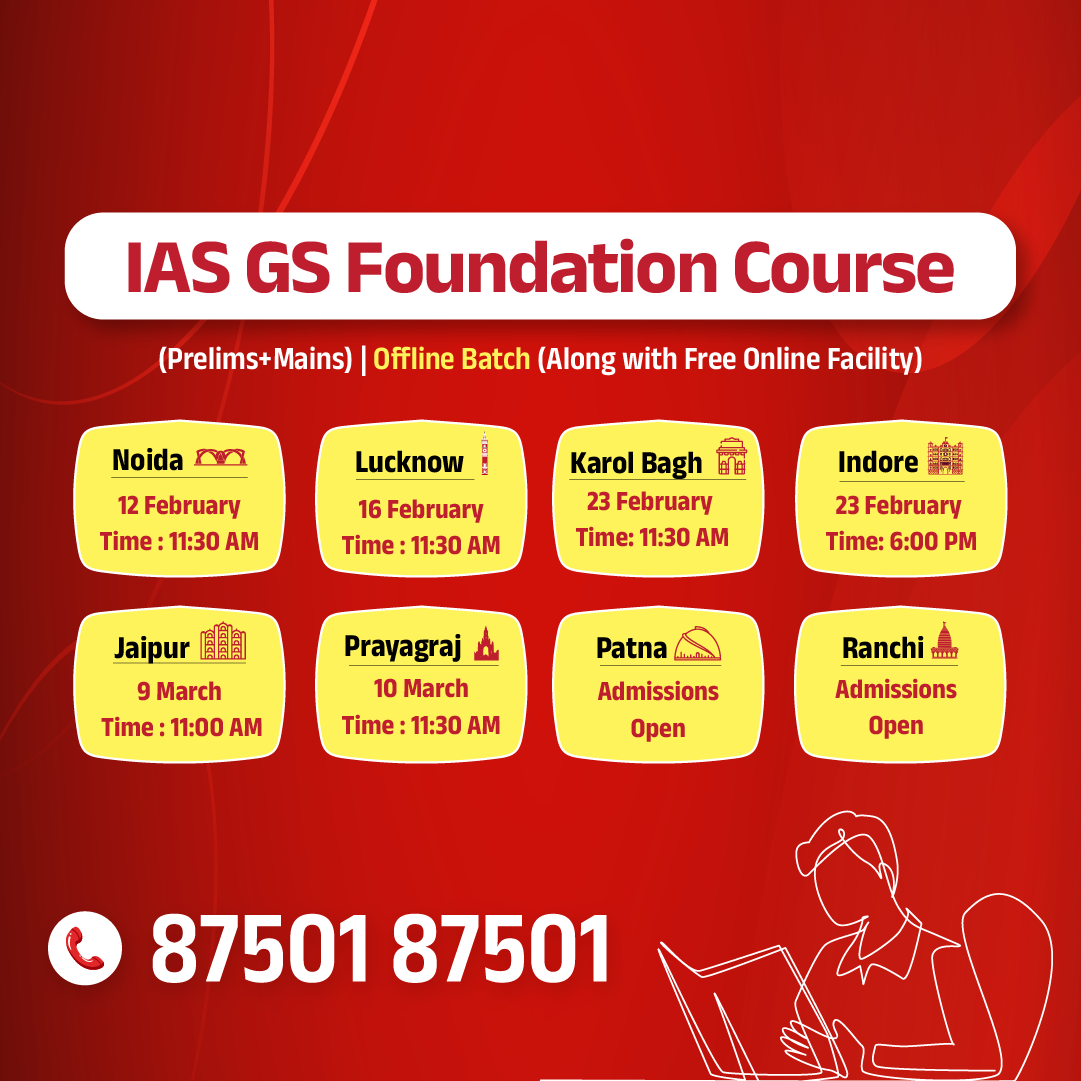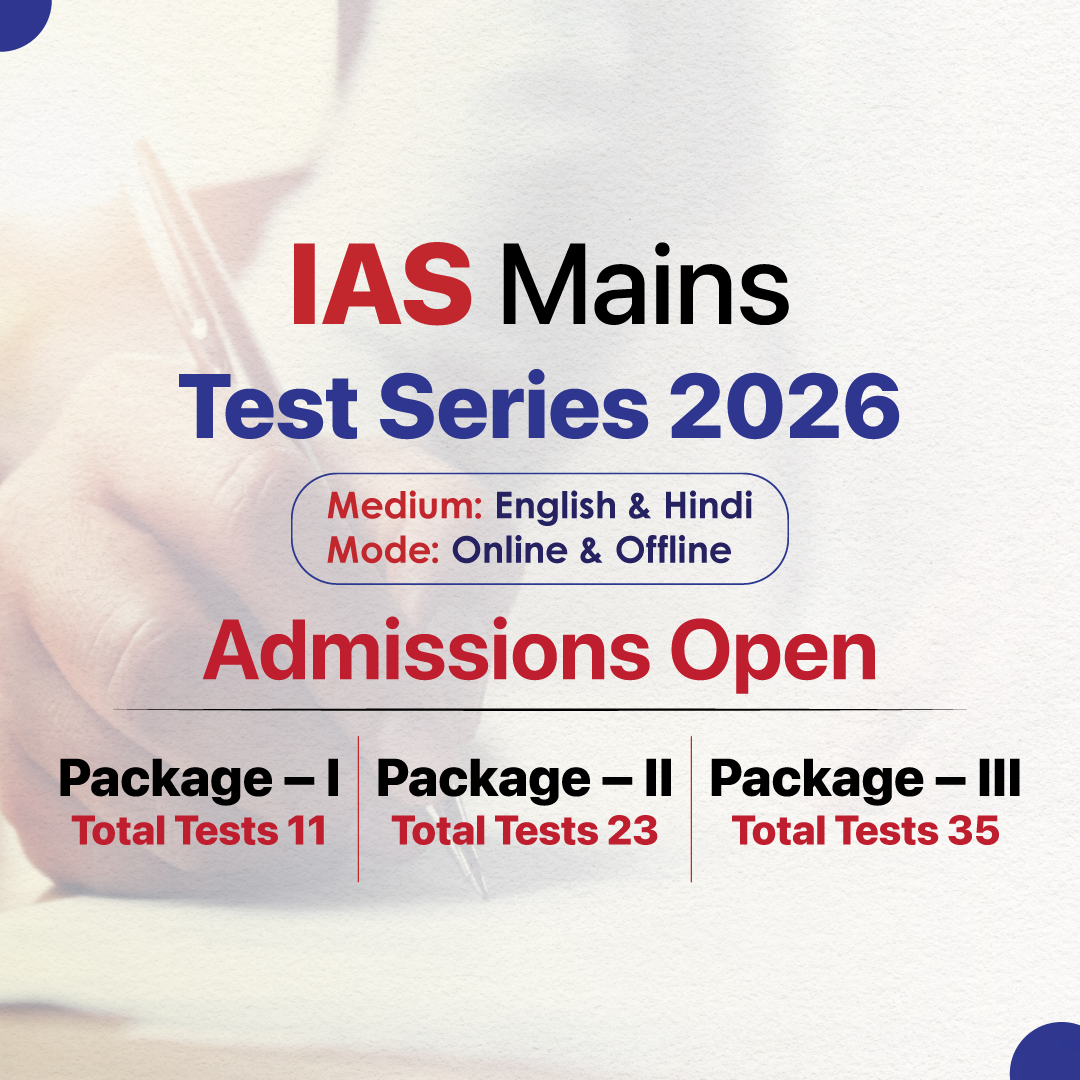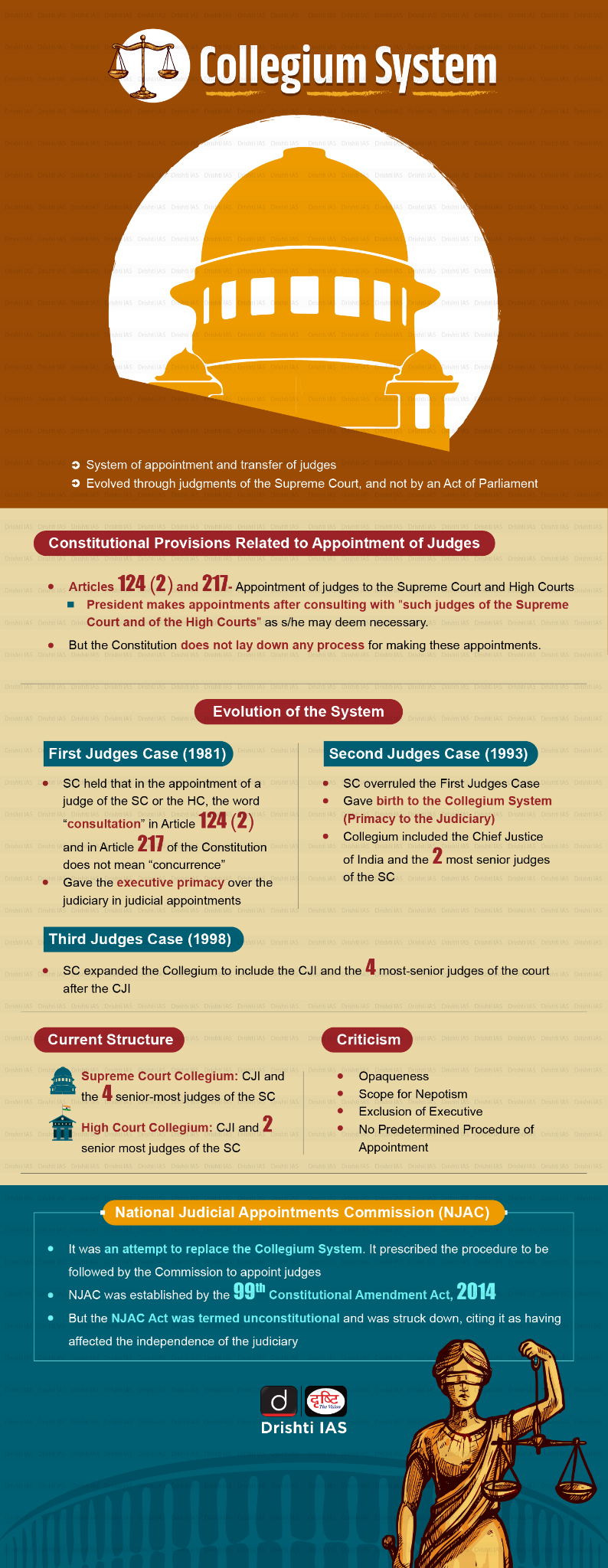Rajasthan Switch to Hindi
SC Collegium Recommends Rajasthan HC Judges
Why in News?
The Supreme Court Collegium has recommended the appointment of judges to the Rajasthan High Court.
Key Points
- High Court Judges:
- Procedure: The appointment of judges to the High Courts follows a procedure based on the collegium system, which was established through various landmark cases, such as the Second Judges Case (1993) and further clarified in the Third Judges Case (1998).
- The collegium system empowers the judiciary to recommend appointments and transfers of judges to the Supreme Court and High Courts, with the government having a limited role.
- After the Third Judges Case (1998), the central government and the SC formalised High Court judge appointments through a Memorandum of Procedure (MoP).
- Appointment of High Court Judges:
- For High Court appointments, the collegium comprises the Chief Justice of India (CJI) and the 2 senior most judges of the Supreme Court.
- This collegium would form an opinion on a person to be recommended for appointment to the High Court, taking into account the views of the Chief Justice of the concerned High Court, senior Judges of the High Court, and Judges of the Supreme Court conversant with the affairs of that High Court.
- Memorandum of Procedure (MoP) for Appointment of High Court Judge:
- High Court Collegium Recommendation: The Chief Justice of the High Court, in consultation with the 2 senior most judges of that court, recommends names for appointment.
- State-Level Review: The recommendations are sent to the Chief Minister and Governor for their views, though they do not have the power to reject the recommendation.
- Central Government Process: The Governor forwards the recommendations to the Union Minister of Law and Justice, who conducts a background check.
- Supreme Court Collegium Review: The recommendations are then sent to the CJI, who consults the Supreme Court collegium. If approved, the names are sent to the President for final approval.
- The government's role is limited to delaying appointments or raising concerns, but it cannot overrule the collegium's recommendations.
- Procedure: The appointment of judges to the High Courts follows a procedure based on the collegium system, which was established through various landmark cases, such as the Second Judges Case (1993) and further clarified in the Third Judges Case (1998).
- Collegium System:
- It is the system of appointment and transfer of judges (SC and HC) that has evolved through judgments of the SC, and not by an Act of Parliament or by a provision of the Constitution.












.jpg)







.png)


.jpg)

 PCS Parikshan
PCS Parikshan



